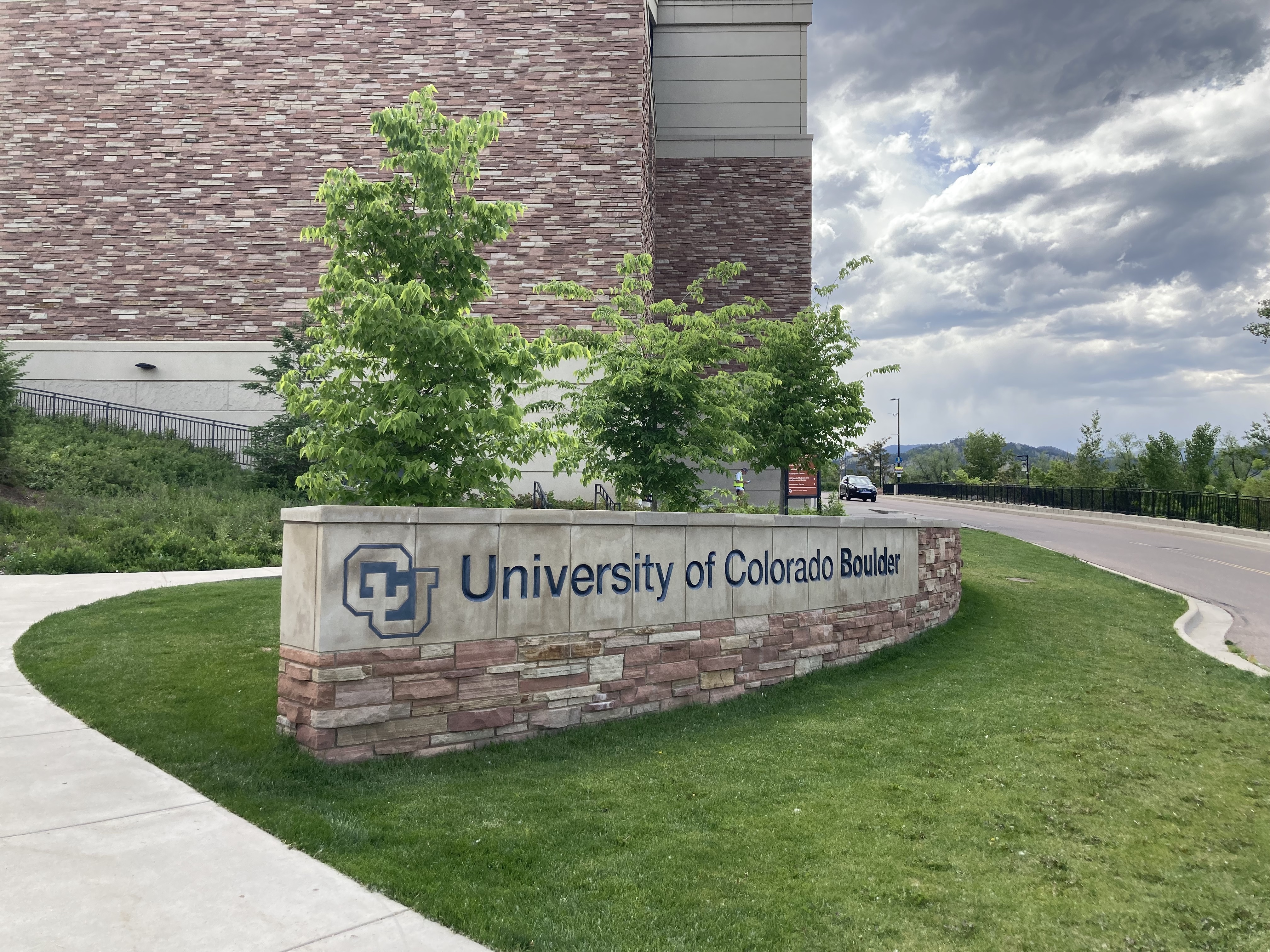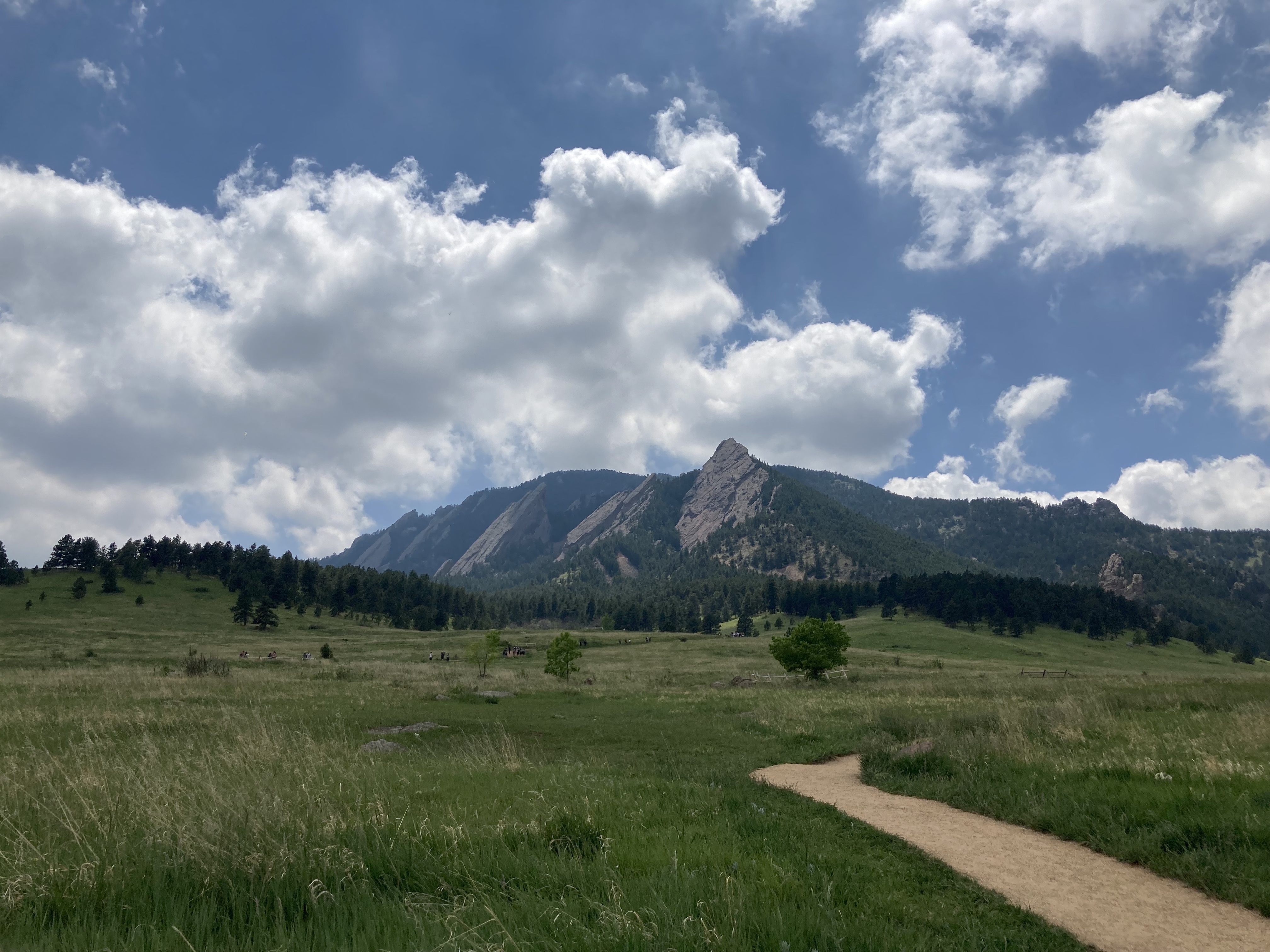My name is Antonios Apostolopoulos, I am a 3rd year PhD student at the Graduate School of Frontier Sciences at the University of Tokyo. I am studying at the RNA Systems Biochemistry Laboratory in RIKEN, under the supervision of Dr. Shintaro Iwasaki. This is a brief report about my participation at the 27th annual meeting of the RNA Society (RNA2022) which was held at the University of Colorado Boulder, in Colorado, USA. RNA2022 covered the whole spectrum of RNA-related studies and was one of the most highly anticipated conferences for me.

University of Colorado Boulder hosted RNA2022
The conference kicked off the first night (31/05) with two stimulating keynote talks from Dr. Joan Steitz and Dr. Venki Ramakrishnan. On the next day (01/06) plenary as well as concurrent sessions were taking place. Among the presentations, it was interesting to see the talk by Dr. Maxime Wery, who showed that translation for a subset of long non-coding RNAs, directly affects their degradation by direct interference with their decapping. The same night, I presented my poster during the first poster session of the conference. It was an enjoyable experience where I could communicate my work directly with the participants of the conference, engage in conversations and get some feedback concerning my study.
The third day of the conference (02/06) started with concurrent sessions. I focused on the CRISPR session mainly because my work includes the use of CRISPR-Cas technology and partly because it was troublesome to sprint between the venues. Among others, a model of knock-down in zebrafish embryos using CRISPR-Cas13 was presented by Dr. Gopal Kushawah. There were no afternoon sessions that day, but bus rides were transporting the conference participants to and from Chautauqua Park, a landmark of Boulder. The day concluded with the second poster session.

A view of Chautauqua Park
The last two days of the conference continued covering a broad range of topics. I focused on translation regulation as well as bioinformatics. Among many interesting talks, Dr. Arvind Subramaniam showed how the translation of dipeptide sequences can affect mRNA stability. The conference concluded with an award ceremony and a closing reception.
My participation to RNA2022 was generously supported by the RNA Society of Japan, to which I am sincerely grateful.



